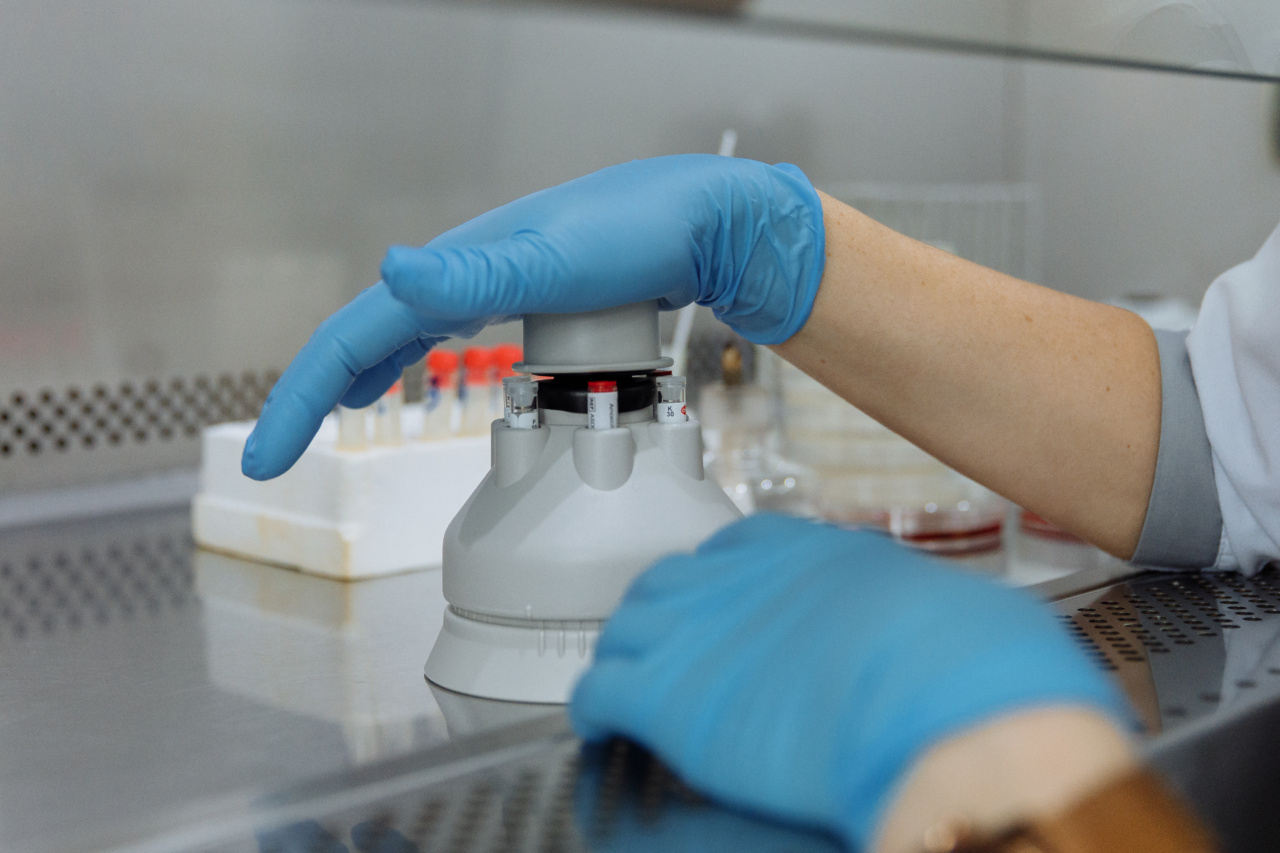Plastic surgery has become increasingly popular in recent years, with more and more individuals seeking to enhance their appearance or correct physical deformities.
However, there is a growing concern about the potential health risks associated with these procedures. One particular concern is the connection between plastic surgery and the risk of developing diabetes.
This article aims to explore the relationship between plastic surgery and diabetes risk, providing a comprehensive overview of the available research and scientific evidence.
Understanding Plastic Surgery
Plastic surgery encompasses a range of surgical procedures that aim to alter or reconstruct various parts of the body. These procedures can be broadly classified into two categories: cosmetic surgery and reconstructive surgery.
Cosmetic surgery focuses on enhancing a person’s appearance or correcting perceived imperfections, while reconstructive surgery aims to restore function and improve physical abnormalities resulting from injury, disease, or congenital conditions.
The Rise of Plastic Surgery
In recent years, there has been a significant increase in the popularity of plastic surgery. Advancements in medical technology, increased accessibility, and evolving societal beauty standards have contributed to this surge.
According to the American Society of Plastic Surgeons, there were over 18 million surgical and minimally invasive cosmetic procedures performed in the United States in 2019 alone, a 3% increase from the previous year.
Diabetes: A Global Health Concern
Diabetes is a chronic metabolic disorder characterized by elevated blood sugar levels due to the body’s inability to produce or effectively use insulin.
It is a significant global health concern, affecting over 463 million adults worldwide, and its prevalence is projected to increase in the coming years. Diabetes can lead to various complications, including cardiovascular disease, kidney failure, and blindness, among others.
Potential Links Between Plastic Surgery and Diabetes
While it may seem unlikely that plastic surgery and diabetes are connected, several factors suggest a potential association.
The surgical stress of undergoing plastic surgery, such as anesthesia, blood loss, and tissue trauma, can significantly impact the body’s metabolic processes. Additionally, certain plastic surgery procedures, such as liposuction, can directly affect fat distribution in the body, potentially influencing insulin sensitivity and glucose metabolism.
Evidence from Scientific Studies
Several scientific studies have explored the relationship between plastic surgery and diabetes risk. A study published in the Journal of Clinical Endocrinology and Metabolism examined the metabolic effects of liposuction in women with abdominal obesity.
The researchers found that liposuction led to a significant improvement in insulin sensitivity and glucose metabolism, suggesting a potential protective effect against diabetes.
However, other studies have produced contrasting results.
A study published in Plastic and Reconstructive Surgery found that patients who underwent breast reduction surgery had an increased risk of developing diabetes in the years following the procedure. The researchers hypothesized that this could be due to alterations in fat distribution and hormonal changes induced by the surgery.
Obesity, Body Weight, and Diabetes Risk
Obesity is a well-established risk factor for the development of type 2 diabetes.
Plastic surgery procedures, particularly those aimed at reducing body weight or altering fat distribution, can have a significant impact on obesity-related metabolic parameters. Bariatric surgery, an extreme form of weight-loss surgery, has been shown to result in substantial improvements in diabetes control and even remission, primarily due to the significant weight loss it induces.
The Role of Inflammation
Inflammation plays a crucial role in the development and progression of diabetes.
Certain plastic surgery procedures, such as abdominoplasty (commonly known as a tummy tuck), can involve tissue removal and reshaping, which may contribute to a decrease in localized inflammation. This reduction in inflammation could potentially have beneficial effects on insulin sensitivity and glucose metabolism.
Preoperative Evaluation and Diabetes Management
Given the potential links between plastic surgery and diabetes, it is vital for individuals with diabetes or pre-diabetes to undergo a comprehensive preoperative evaluation.
This evaluation helps assess the patient’s overall health status, glycemic control, and any associated comorbidities. Adequate glycemic control before surgery can improve postoperative outcomes, reduce the risk of complications, and promote better wound healing.
Risks and Benefits of Plastic Surgery in Diabetic Patients
While there are potential risks associated with plastic surgery for individuals with diabetes, it is essential to consider the potential benefits as well.
Plastic surgery procedures can significantly improve quality of life and self-esteem, enhancing psychological well-being. Moreover, evidence suggests that certain procedures, such as liposuction, may even have metabolic benefits for individuals at risk of diabetes.
Closing Thoughts
Plastic surgery continues to be a popular choice for individuals seeking cosmetic or reconstructive improvements.
While the link between plastic surgery and diabetes risk requires further investigation, it is clear that these procedures can have a significant impact on metabolic health. It is crucial for both healthcare providers and individuals considering plastic surgery to be aware of these potential risks and benefits to make informed decisions.






























